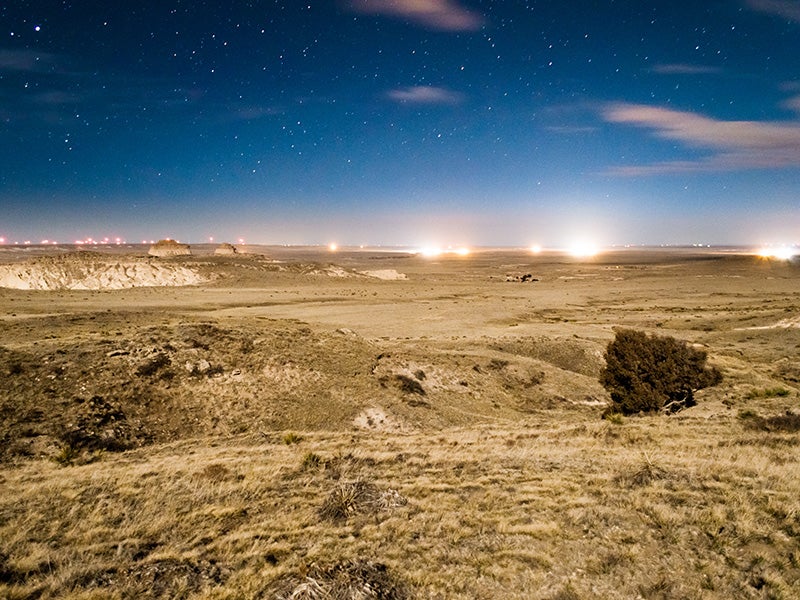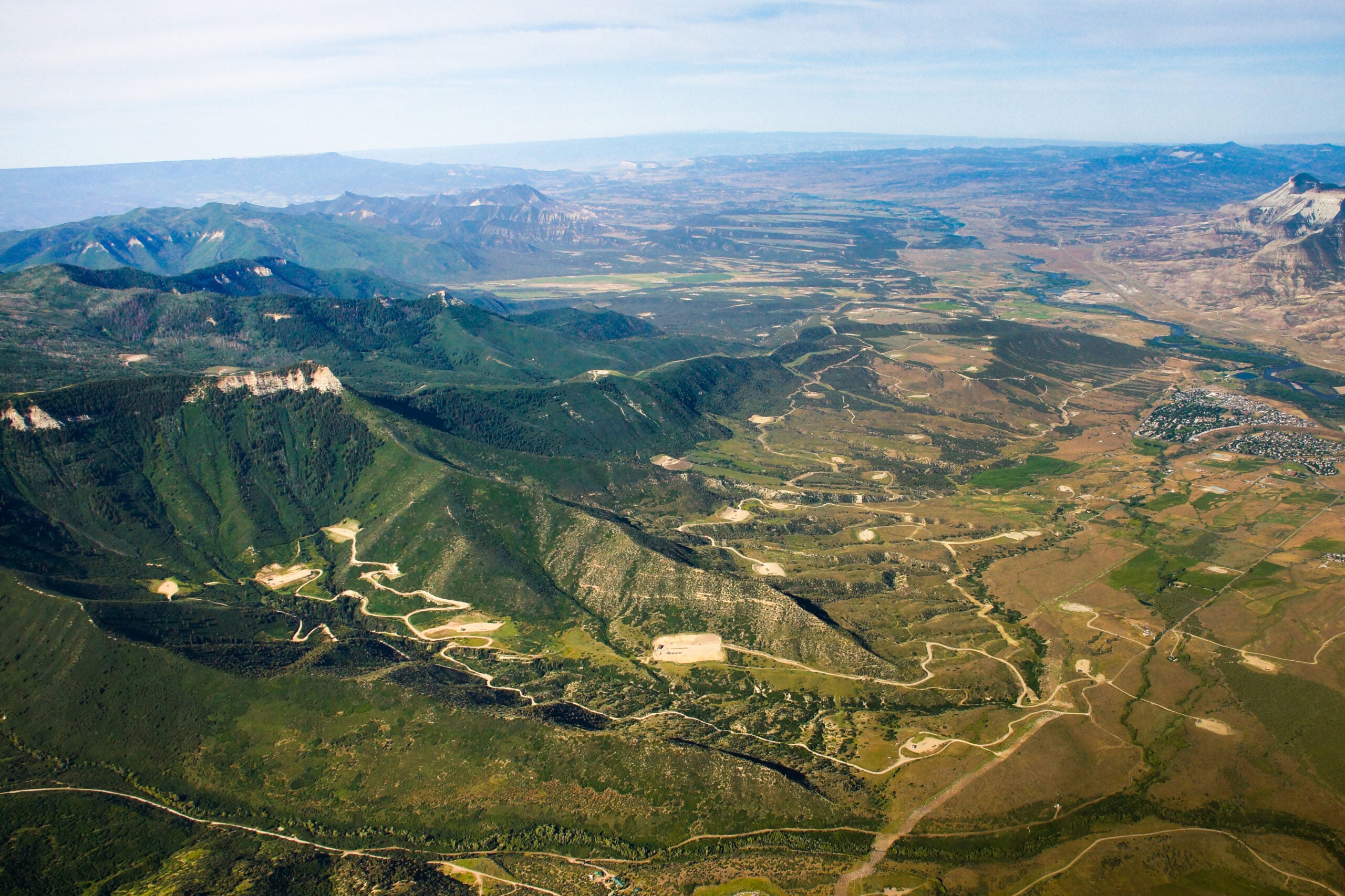Defending The BLM’s New Fracking Rules
The BLM rules impose several new requirements. Companies will have to seek approval before conducting hydraulic fracturing operations on public lands. That process will allow the agency to review the proposed operation and ensure it does not jeopardize drinking water supplies. And the rule requires companies to disclose chemicals used in fracking fluid.
Case Overview
A coalition of six conservation groups are defending the Bureau of Land Management’s new hydraulic fracturing rules against legal challenges by the oil and gas industry and the States of Wyoming, North Dakota and Colorado. The conservation groups, represented by Earthjustice, filed motions to intervene in two lawsuits pending in the U.S. District Court for the District of Wyoming.
The rules, which were published March 26, 2015, will apply to more than 750 million acres of public and tribal lands across the United States, and on private lands where the minerals are federally managed (known as “split estate”). BLM’s regulations governing important aspects of oil and gas extraction, including well integrity and waste management, had not been updated since 1988 despite the increasingly widespread use of well stimulation techniques like high-volume hydraulic fracturing, which injects millions of gallons of fluids and toxic chemicals into the ground.
The six groups—the Sierra Club, Earthworks, The Wilderness Society, Conservation Colorado Education Fund, Southern Utah Wilderness Alliance and Western Resource Advocates—represented by Earthjustice, seek to defend the BLM rule in two lawsuits. Both cases are pending before U.S. District Court Judge Scott Skavdahl in the District of Wyoming.
The BLM rules impose several new requirements. For the first time, oil and gas companies will have to seek approval from BLM before conducting hydraulic fracturing operations on public lands. That process will allow the agency to review the proposed operation and ensure it does not jeopardize drinking water supplies or threaten other types of contamination. In addition, the use of certain waste pits at oil and gas well sites will be banned in most cases to protect wildlife, clean water and other resources. Instead, BLM generally will require oil and gas companies to use metal tanks to store these wastes. And the rule requires companies to disclose the chemicals used in fracking fluid.

Case Updates
Case page created on June 2, 2015.
